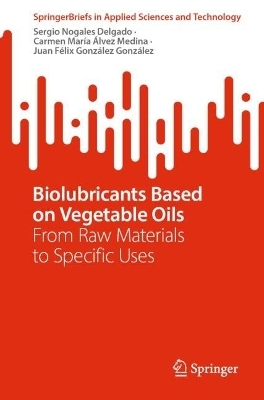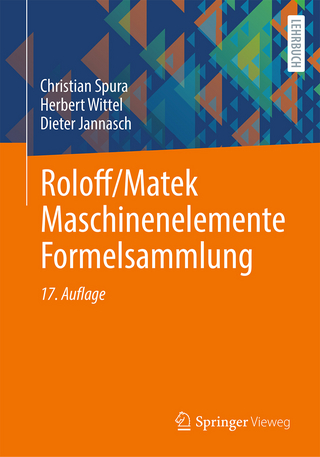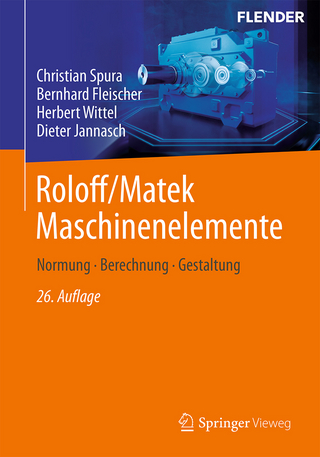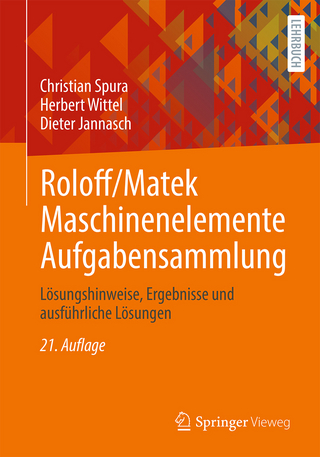
Biolubricants Based on Vegetable Oils
Springer International Publishing (Verlag)
978-3-031-65643-9 (ISBN)
- Noch nicht erschienen - erscheint am 16.09.2024
- Versandkostenfrei innerhalb Deutschlands
- Auch auf Rechnung
- Verfügbarkeit in der Filiale vor Ort prüfen
- Artikel merken
This is a book about biolubricants. It provides a general overview of these useful products, paying attention to their contribution to green and sustainable chemistry or the circular economy through the implementation of biorefineries. But also, it is a book about General Chemistry, Physics, Engineering, etc., as this specific subject could act as a cornerstone for many multidisciplinary fields.
The book's chapters include several exercises and questions to track reader's learning and give general and specific idea of how biolubricants are not just a promising research topic, but also a practical reality. The main ideas covered in this work are the following: history, origin and use of biolubricants, main chemical routes to produce them and their quality assessment.
Dr. Sergio Nogales Delgado (Badajoz, Spain, 1984) is a multidisciplinary researcher. He obtained his degree in Chemistry and PhD (about biomass emissions during combustion and pyrolysis of several agricultural wastes) at the University of Extremadura (Spain). As a researcher, he worked at the Technological and Scientific Research Center of Extremadura, focused on the improvement of quality parameters of minimally processed products. Also, at University of Extremadura, he has carried out different research works about biomass energy, covering different subjects such as combustion, pyrolysis, hydrothermal carbonization or biodiesel and biolubricant production, among others. Regarding the latter, biodiesel and biolubricant synthesis through transesterification, with the subsequent characterization, has been an interesting research line for the author. With more than 50 research articles published in international peer-reviewed journals, along with more than 60 research communications in international conferences, he has also participated in book chapters about education sciences and sustainable technologies. In short, his interest in the possible contribution of waste valorization through a wide range of green processes has mainly guided (so far) his 15-year scientific career.
Carmen María Álvez Medina (Táliga, 1993). She obtained her Chemical Engineering degree at University of Extremadura (Spain) in 2022, completing her master degree in Renewable Energies in 2023 at the same university. Currently, she is doing doctorate studies about different energy/material production from biogas and syngas. Having worked for different research projects, her main interests are biodiesel and biolubricant production, biogas steam reforming, Fischer-Tropsch processes or hydrothermal carbonization, among others.
Prof. Dr. Juan Félix González González (Badajoz, Spain, 1961). He is an experienced university professor at the Industrial Engineering School (University of Extremadura, Spain), leading several courses in different university degrees mainly related to Engineering and Renewable Energies. He received his degree in Chemistry and the PhD degree at the University of Extremadura. Also, he takes part in the design and impartation of different master degrees based on renewable energies and sustainability at the same university. With an extensive experience in research (reflected in multiple international works published in peer-review journals), his current research in the Department of Applied Physics is based on combustion, pyrolysis, gasification, thermochemical processes, energy use of biomass waste, active carbons and biodiesel or bioethanol production.
Introduction: History of lubrication and why we need biolubricants.- Advantages and disadvantages (or challenges) of biolubricants.- Main raw materials, and the role of waste cooking oil.- Chemical routes to produce biolubricants. The role of biorefineries.- Biolubricant characterization. What is important to consider our product a good biolubricant? How do we measure it?.- Uses of biolubricants.- Cu ng edge research about biolubricants.- Conclusions and outlook.
| Erscheinungsdatum | 08.08.2024 |
|---|---|
| Reihe/Serie | SpringerBriefs in Applied Sciences and Technology |
| Zusatzinfo | Approx. 100 p. 15 illus. |
| Verlagsort | Cham |
| Sprache | englisch |
| Maße | 155 x 235 mm |
| Themenwelt | Technik ► Maschinenbau |
| Schlagworte | acidity • Antioxidants • Fatty acid ester • Flash and Combustion Points • oxidative stability • Transesterification • Vegetable oils • viscosity • Viscosity Index • Waste Cooking oil |
| ISBN-10 | 3-031-65643-1 / 3031656431 |
| ISBN-13 | 978-3-031-65643-9 / 9783031656439 |
| Zustand | Neuware |
| Haben Sie eine Frage zum Produkt? |
aus dem Bereich


